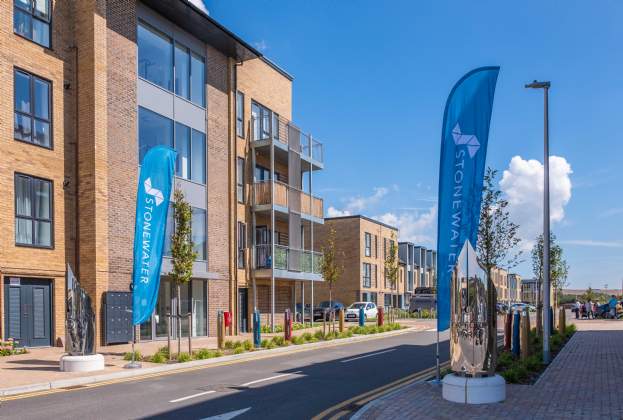In these uncertain political and economic times, what are the pressing concerns facing the UK’s affordable housing sector?
Here are seven clear themes that emerged from local government, political and housing association speakers at Savills recent annual housing seminar in central London.
Building safety
Lord Kerslake, Chair of Peabody and Be First, President of the Local Government Association, former Head of the Civil Service and former Chief Executive of the Homes and Communities Agency, set the tone for the day on this crucial recurring theme – how to keep residents safe. For Lord Kerslake this is the 'first duty of the housing sector – we cannot and must not compromise on this'.
He said that to support this the 'whole regulatory system is in need of fundamental reform', and that while the system is improved, more had to be done to help 'speed up' the remediation of the homes of 'hundreds of thousands of people' with cladding. To help restore confidence, Lord Kerslake suggested the Government could 'consolidate all of the 22 advice notes into a single, consistent document'.
Choice between investing in existing homes or new
Several speakers addressed this question, with the general conclusion that it was not, in the words of Hyde Chief Executive Peter Denton, a 'binary choice'. Savills is currently researching the issue of the housing sector’s financial capacity to meet its stock investment requirements and new build aims. The results will be published in early 2020, but there was general agreement with L&Q Group Development and Sales Director Fiona Fletcher-Smith that 'we will not build homes at the expense of the safety of our existing residents and the homes they live in'.
As Helen Evans, Chief Executive of Network Homes and Chair of the G15 group of large London housing associations, put it: 'What can be done to make it possible to do everything we need to on stock investment and new building? We need to start talking realistically about the time it will take.'
Leann Hearne, Chief Executive of First Ark, said her organisation is committed to meeting its 'responsibilities to existing and future customers'.
Uncertainty on key external issues
As we are in the midst of a general election campaign, it was perhaps unsurprising that uncertainty over the future operating environment for housing providers coloured much of the discussions. BBC Political Correspondent Chris Mason seemed to best capture the mood when he admitted to 'not having the foggiest' on likely outcomes as 'unknowable' issues around Brexit currently dominate UK politics.
Chris Mason's BBC colleague, Senior Economics Correspondent Dharshini David, highlighted other areas of uncertainty including the UK public finances and the ongoing trade dispute between the US and China.
Savills Research shed some light on the next five years with a projection of UK house price growth of 15.3 per cent by 2024, mainly driven by the rest of the country catching up with London.
What should the new housing minister prioritise?
This was a popular topic and one which saw 'building safety' as a common response. Others called for more public investment in affordable housebuilding. Nick Murphy, Chief Executive of arm’s-length management organisation (ALMO) Nottingham City Homes, made a plea for the new minister to 'talk to us as a sector on new ideas'.
Nick Murphy suggested exploring the creative work done in Denmark and other countries and to some extent pursued in London of building homes over commercial space, such as car parks or large single-storey retail warehouses.
Climate emergency
Former housing minister Nick Raynsford echoed Lord Kerslake in calling for a much greater focus on sustainability in everything the housing sector does. Lord Kerslake called for the establishment of a joint Green Buildings Taskforce to map out the transition to zero carbon homes. He added: 'We are only in the foothills of what is needed [to be invested] in existing stock.'
New sources of funding
‘The challenge [we face] is so vast we have to find ways of tapping into other sources of income than what we have already from the government, banks, charities, and so on,’ said Resi Housing Chair and ex-National Housing Federation Chief Executive David Orr. The audience also heard from other for-profit registered providers (FPRPs) including Man Group and Legal & General Affordable Homes on how they are bringing private capital to invest in providing new affordable homes for rent and shared ownership.
Rod Cahill, Interim Chief Executive of Sage Housing, said his organisation aimed to 'produce as many good-quality, affordable homes as possible'.
Regeneration
Speakers, including Sarah Cary from Enfield Council and Liz Peace of the Government Property Agency, were asked whether regeneration is working. Most answered 'yes', but there were a number of caveats and suggestions of improvements to the current system.
Brendan Sarsfield, Chief Executive of Peabody, pointed to the positive experience of regeneration in Freiburg in Germany as an example of how to avoid 'swimming against the tide in the UK'. Pat Ritchie, Chief Executive of Newcastle City Council and incoming chair of the Government Property Agency, highlighted the success of The Rise project in regenerating the former Scotswood area of Newcastle, saying it had needed 'time and long-term political commitment'.
Further information
Contact Savills Affordable Housing
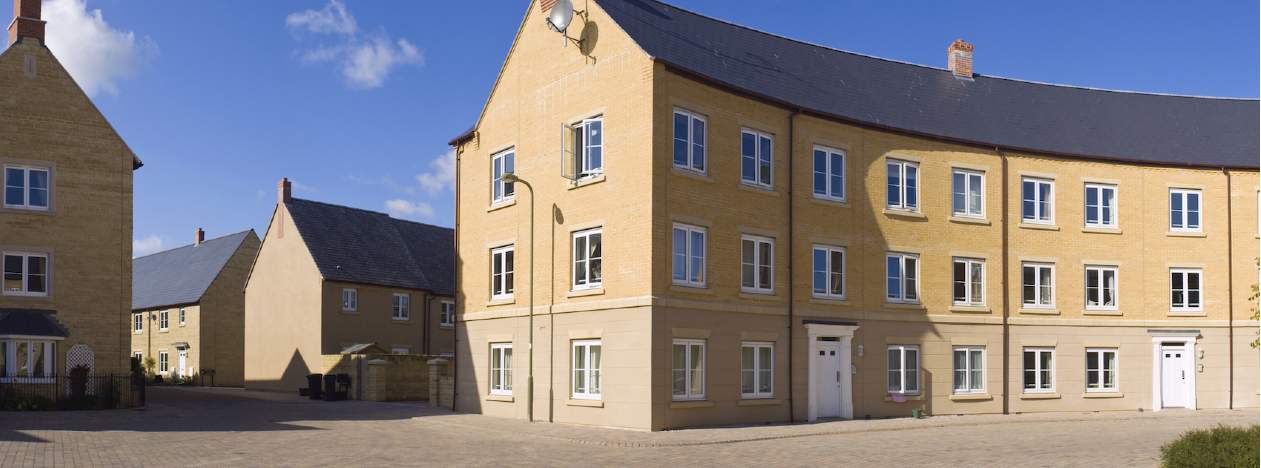
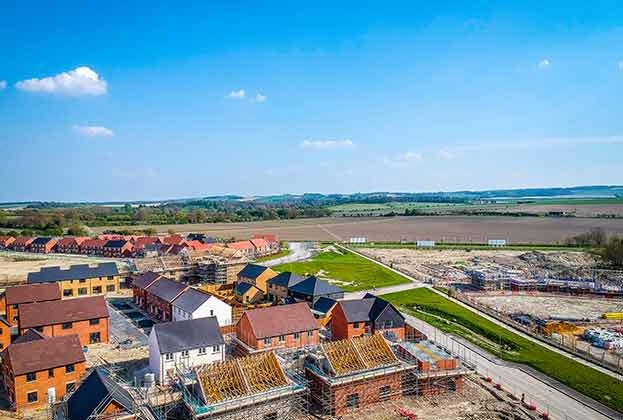
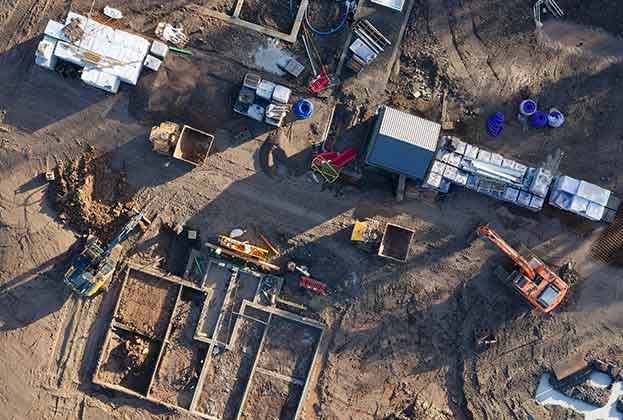
.jpg)
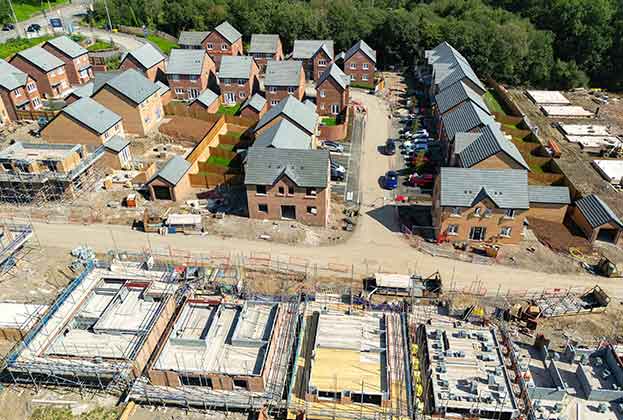


.jpg)
.jpg)

